See the great citizen science work going on at The New York Botanical Garden. Meet a group of retirees who have volunteered to be citizen scientists and are tracking the pollinators in the Native Plant Garden.
Features
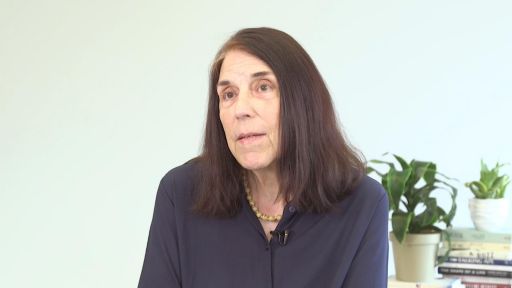
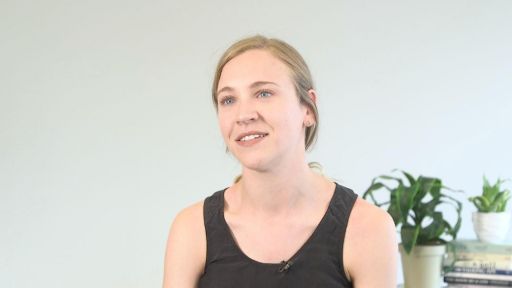
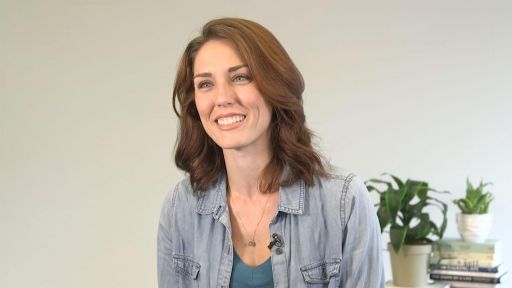
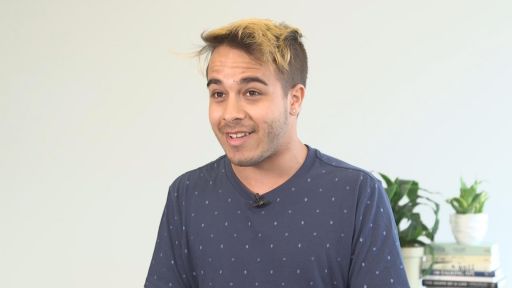
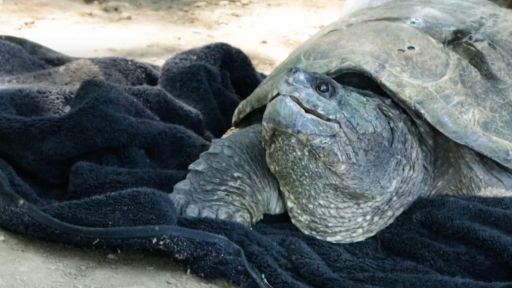
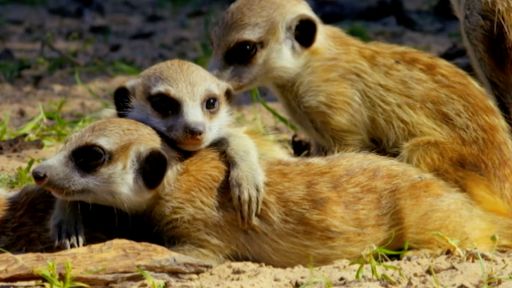
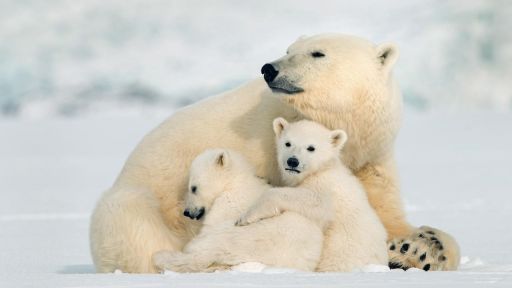
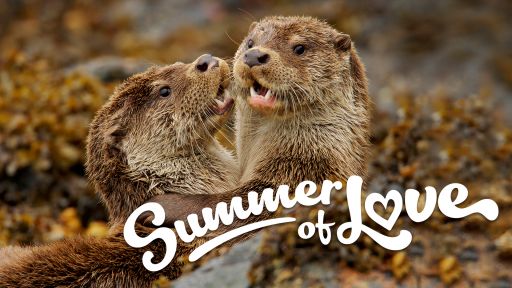
(upbeat instrumental music) - Citizen science we feel is at the core of NYGB's mission.
And in 2007 we were approached by the National Phenology Network to establish a real citizen science reaching outward, not just NYGB staff.
Our NYBG nectar calendar, that's what we're doing today, so they are documenting the phenology of the plants, and then they are looking at the visitations of different pollinators to those plants.
- We look at each plant that's flowering for 10 minutes and we count how many visits each plant gets.
Like if a fly goes from one flower to the next flower, it counts as a visit.
- And so those data are helping us determine if there is any disconnect between the pollinators, emergence and visiting flowers, or flowers blooming earlier.
- There's a lot of scientific research and studies going on, and there's just not enough scientists to be able to collect all the data that really needs to be collected and studied, and analyzed.
So, as citizen scientists we're volunteers and we have the opportunity to go out and contribute to that knowledge base.
- I started out knowing possibly what a dandelion was, that was my knowledge, so we learned a lot.
- Look at the amount of butterflies.
We found butterfly eggs.
I never knew what a butterfly egg looked like.
And it's so cool because I never knew what so many of these things are, I walk right by them.
Nature is all around us and it really made me discover that I could be a part of this.
- That's really the best thing about it 'cause we're all friends on the outside.
If we see something cool that's going on we'll email everybody and we get together and we go.
- We really just get more out of it than you give I feel.
- [Bob] You really don't need a background in science to be a citizen scientist.
- You don't need to know anything to say, 'Well I see three bumblebees.
'I see a butterfly.'
- We face lots of challenges today and not one institution, one botanist, individuals can't do it alone, we have to work together.
And I think citizen science and external partnerships, like with the National Phenology Network, lead to big data.
And that will help us interpret it and try to come up with solutions to some of these big problems.
- So, citizen science made me aware and I think everybody should try it.
I'm so happy that I did it.
I made some great friends and keeps me busy.
(laughing) (birds chirping)
